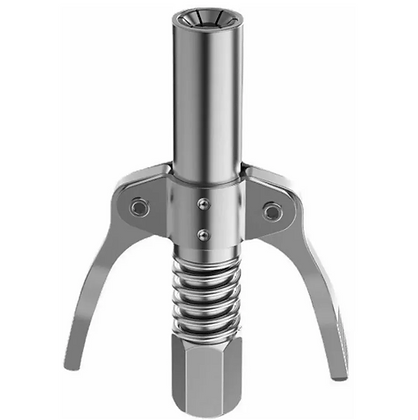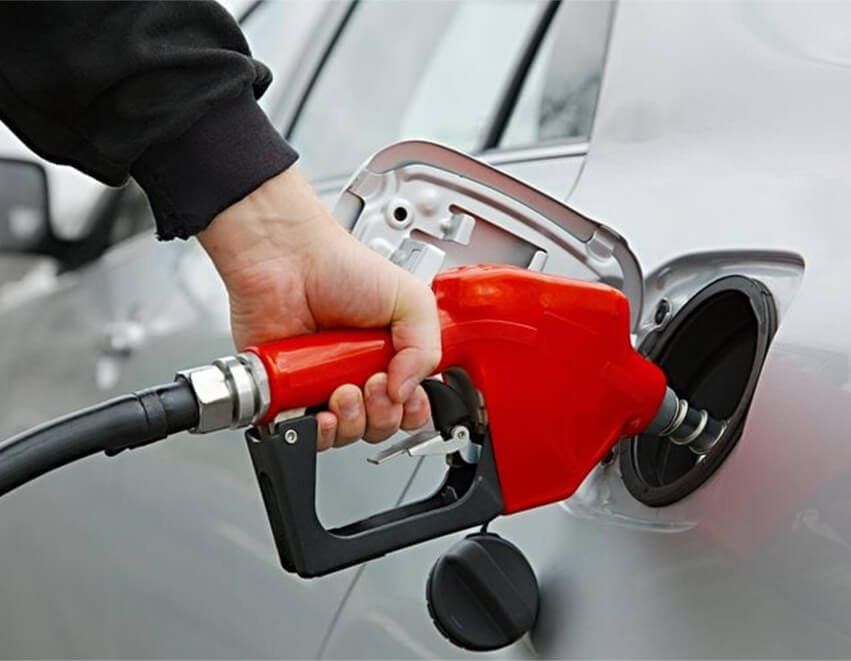Hydraulic couplers are vital for maintaining hydraulic systems. This article covers their identification, how they work, types available, and materials used.
Hydraulic couplers are essential components used to connect and disconnect hydraulic lines quickly and efficiently, ensuring fluid transfer in hydraulic systems.
They come in various types and materials to suit different applications and pressures.
Read on to learn about hydraulic couplers, their identification, functioning, types, and the materials used.
Hydraulic couplers are connectors used in hydraulic systems to join different components, such as hoses, pipes, and tubes, ensuring a secure and leak-proof connection.
These hydraulic couplers play a critical role in maintaining the integrity and efficiency of hydraulic systems.
Hydraulic coupler types vary based on application requirements, such as pressure, temperature, and fluid type.
Common types include elbows, tees, crosses, and couplings, each designed to meet specific system needs.
Identifying a hydraulic coupler involves recognizing the specific type and size needed for your hydraulic system. Key factors to consider include thread type, seal type, and connection size.
Hydraulic quick coupler identification is crucial for ensuring compatibility and preventing leaks.
Checking manufacturer specifications and using calipers to measure thread diameters and pitches can help in accurate identification.

Hydraulic couplers work by allowing the easy connection and disconnection of hydraulic lines without the need for tools, thereby maintaining system pressure and preventing fluid loss.
Understanding how coupler works involves recognizing the two main components: the male and female parts.
The male part fits into the female part, and a locking mechanism secures them together.
When connected, the coupler opens a valve that allows hydraulic fluid to flow through, and when disconnected, it automatically closes to prevent leaks.
Quick-disconnect couplers, also known as quick-release couplers, are designed for rapid connection and disconnection.
They feature a push-to-connect mechanism, making them ideal for applications requiring frequent connections and disconnections, such as in skid steer hydraulic couplers.
Threaded couplers require screwing the male and female ends together, providing a secure and leak-proof connection.
They are suitable for high-pressure applications and environments where vibrations might dislodge a quick-disconnect coupler.
Flat-face couplers are designed to minimize fluid loss during disconnection and to prevent contamination.
They are commonly used in construction equipment and other heavy-duty applications where cleanliness is crucial.
Ball-lock couplers use ball bearings to lock the male and female ends together securely.
They offer a robust and durable connection suitable for high-pressure applications and harsh environments.
Steel hydraulic couplers are known for their strength and durability, making them ideal for high-pressure applications.
They are resistant to wear and can handle extreme conditions, but they are also heavier than other materials.
Stainless steel couplers offer excellent corrosion resistance, making them suitable for applications involving harsh chemicals or marine environments.
They combine durability with a sleek appearance, although they can be more expensive.
Brass couplers provide good corrosion resistance and are easier to machine than steel.
They are often used in lower-pressure applications where conductivity is not an issue.
Aluminum couplers are lightweight and corrosion-resistant, making them suitable for applications where weight is a concern.
However, they are generally not as strong as steel or stainless steel and are used in lower-pressure systems.




